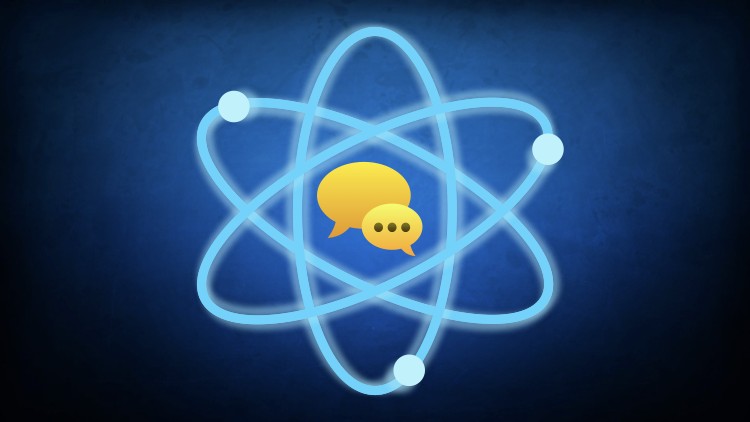
Learn to think more critically about science by mastering the language we use to talk about science
What you will learn
Master the different ways that scientists use key terms like “theory”, “fact”, “law”, “hypothesis”, and “model”
Analyze arguments and fallacies about science that turn on the meaning of these concepts
Build a foundation for understanding science and debates about science
Recognize the most common confusions that people who write about science are prone to make
English
language
Content
Welcome to the Course!
Question: Is Evolution a Theory, a Fact, or Both?
Why Am I Qualified to Teach This Course?
Overview of the Course
Update: Additional Videos on Science Literacy and Science Education
Section 1
An Important Distinction for the Whole Course
An Important Distinction: Epistemically Loaded versus Neutral Language
Section 2
What is a Theory?
“It’s Just a Theory”: “Theory” as Down-Player
“Theories are the Pinnacles of Science”: “Theory” as Up-Player
Why We Need a Neutral Definition of “Theory”
A Neutral Definition of “Theory”: A Classical (But Incomplete) Story
A Neutral Definition of “Theory”: A More Sophisticated Story
Section 3
What is a Fact?
“You Can’t Deny the Facts”: A Loaded Definition of “Fact”
“I Had the Facts Wrong”: A Neutral Definition of “Fact”
Can There Be Theoretical Facts?
Section 4
What is a Law?
Loaded Definitions of “Law”
Examples of Laws in Biology and Psychology
Examples of Laws in Astronomy and Physics
Unpacking the Neutral Concept of “Law”
But Are There Any Laws?
A Quick Word: Are Laws Explanatory?
Section 5
What is a Hypothesis?
“That’s Just a Hypothesis”: A Loaded Definition of “Hypothesis”
A Neutral Definition of “Hypothesis”
Section 6
What is a Model?
Introduction: What is a Model?
Maps and Models
Models as Tools for Reasoning About the World
How Equations Can Be Models
Is There a Difference Between a Model and a Theory?
Section 7
Theories, Models, Truth and Reality
Introduction: Theories, Models, Truth and Reality
The Challenge of Interpreting Scientific Theories
Prediction and Truth: Lessons from Ptolemy
Prediction and Truth: Lessons from the Kinetic Theory of Gases
Section 8
Test Yourself: “Fact vs. Theory vs. Hypothesis vs. Law … Explained!”
Assignment: Critique a 7 Minute Video on the Vocabulary of Science
Part 1: The Motivation for the Video
Part 2: “Scales of Truthiness”
Part 3: The Fundamental Error
Part 4: Problems With Defining Facts in Terms of Observations
Part 5: Problems With Defining Hypotheses as Starting Points for Inquiry
Part 6: Problems With Defining Theories as Well-Supported
Part 7: Problems with Defining Evolution as an Observable Fact
Part 8: Problems with Defining Laws in Terms of Observations
Part 9: Can Laws Explain, or Do They Just Describe? Kepler, Newton and Einstein
Part 10: Analyzing the Last Slide
Part 11: Who is to Blame?
Section 9
Why is Science Literacy Important, and How Should We Teach It?
Introduction to the Videos in This Section
Should We Expect Our Politicians To Be Science Literate?
Why Most People (Even Science Phds) are Scientifically Illiterate
A Curriculum For Teaching Genuine Science Literacy: Overview
The Logic of Science
The Methods of Science
The Landscape of Science
The Ethics of Science
Wrapping Up
What’s Next?
Bonus Lecture: Coupon Codes and Other Resources